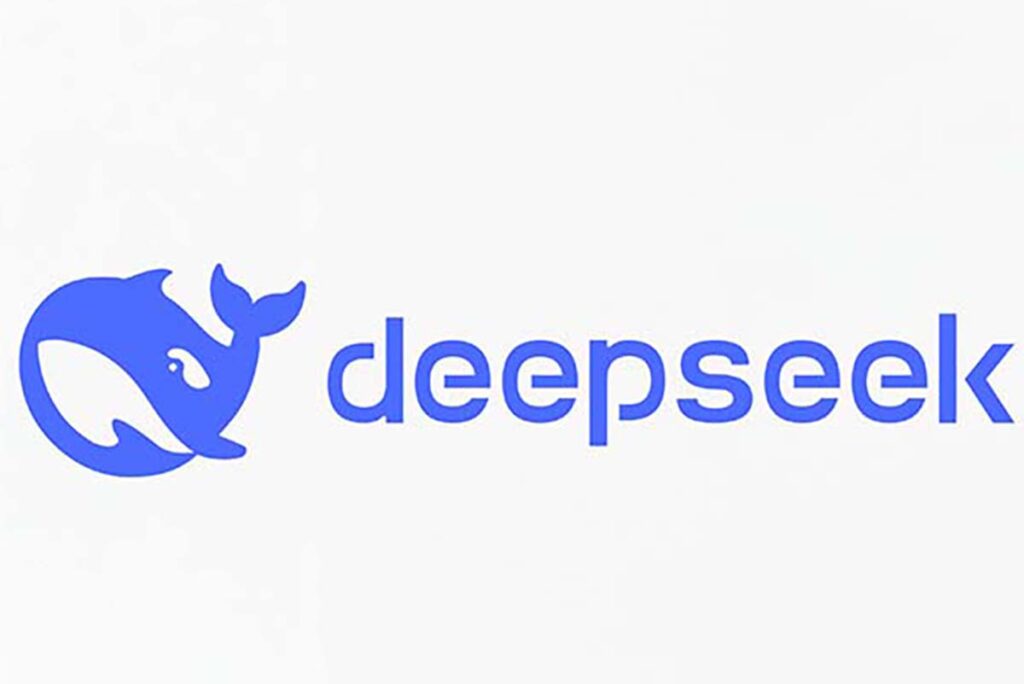
China’s DeepSeek AI technology has come under intense scrutiny after revelations emerged that it lacks essential protections, leaving it vulnerable to exploitation by criminals. The artificial intelligence system, developed by a team of leading tech experts in China, was initially hailed for its potential in various sectors, including data analysis, cybersecurity, and public safety. However, concerns over its security have rapidly gained traction, prompting experts to question whether its developers adequately considered the risks associated with its deployment.
Reports indicate that the AI’s open-ended access to vast amounts of sensitive data, combined with its powerful analytical capabilities, could easily be exploited by malicious actors. A key concern is the system’s absence of an oversight mechanism that would detect and prevent misuse, particularly in criminal activities like identity theft, fraud, and cyber-attacks. The lack of robust safeguards means that individuals or groups with harmful intentions could harness the technology to carry out illegal activities undetected.
Experts have pointed out that the risks extend beyond traditional forms of cybercrime. With its ability to process enormous amounts of data in real-time, DeepSeek could theoretically be used to manipulate financial markets, orchestrate disinformation campaigns, or even compromise national security infrastructure. The absence of accountability mechanisms within the AI system itself raises the question of whether those developing such technologies are doing enough to protect against these emerging threats.
DeepSeek’s design is said to be heavily reliant on machine learning models, which can evolve and adapt over time. While this feature allows the system to become more accurate and efficient in its analysis, it also means that there are fewer manual checks to identify malicious activities or breaches. The AI’s ability to learn from unfiltered data poses a significant challenge when it comes to enforcing ethical boundaries. Without proper safeguards, there is no way to ensure that it does not engage in harmful activities, whether knowingly or inadvertently.
Several cybersecurity experts have voiced concerns over the platform’s lack of transparency. They argue that AI systems, particularly those used in sensitive domains, must have built-in mechanisms that allow their operations to be monitored and audited regularly. With DeepSeek’s current configuration, these experts warn that it could become a tool for criminal groups to circumvent conventional detection methods.
The lack of governance over AI technologies is not an isolated issue. As artificial intelligence becomes increasingly integrated into critical infrastructure, regulatory bodies around the world are grappling with the question of how to ensure that these technologies are developed and deployed safely. The issue of securing AI systems is especially pressing given the rapid advancements in AI capabilities, which often outpace current regulatory frameworks. Experts believe that the situation with DeepSeek serves as a cautionary tale, highlighting the urgent need for comprehensive guidelines to govern the use of artificial intelligence on a global scale.
China, which has emerged as a key player in the development of artificial intelligence, is facing mounting pressure from both domestic and international communities to introduce stronger safeguards for emerging technologies. While the Chinese government has made strides in AI regulation, the lack of sufficient oversight in DeepSeek’s case has raised concerns about the effectiveness of current regulatory measures. Some critics argue that more stringent oversight is needed to ensure that AI technologies, especially those with the potential for large-scale misuse, are closely monitored and controlled.
The debate surrounding DeepSeek AI also touches on broader ethical questions regarding the development and deployment of AI in society. Many argue that as AI becomes more sophisticated, the potential for misuse grows exponentially, making it crucial for developers to embed ethical principles into the design and operation of such technologies. As AI systems like DeepSeek become more capable, there is an increasing need for developers to balance innovation with responsibility, ensuring that AI is used to enhance society rather than exploit it.
There is also growing concern about the lack of international cooperation in regulating AI technologies. As nations around the world race to develop cutting-edge AI systems, there is little consensus on how to establish universal standards for AI safety and security. Without a coordinated effort, experts warn that AI technologies could become a global security threat, with malicious actors exploiting vulnerabilities in these systems across borders.
The revelation of DeepSeek AI’s lack of safeguards has prompted calls for greater accountability in the AI industry. Many experts argue that companies and governments should work together to create a framework for the responsible development and deployment of AI. This includes ensuring that AI systems are designed with strong protections against misuse, as well as creating systems for transparency, oversight, and accountability.




